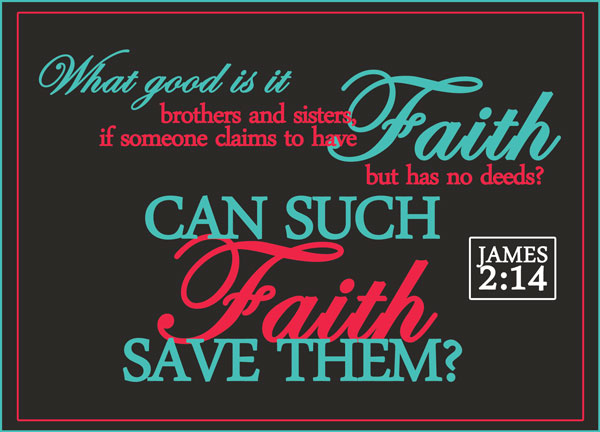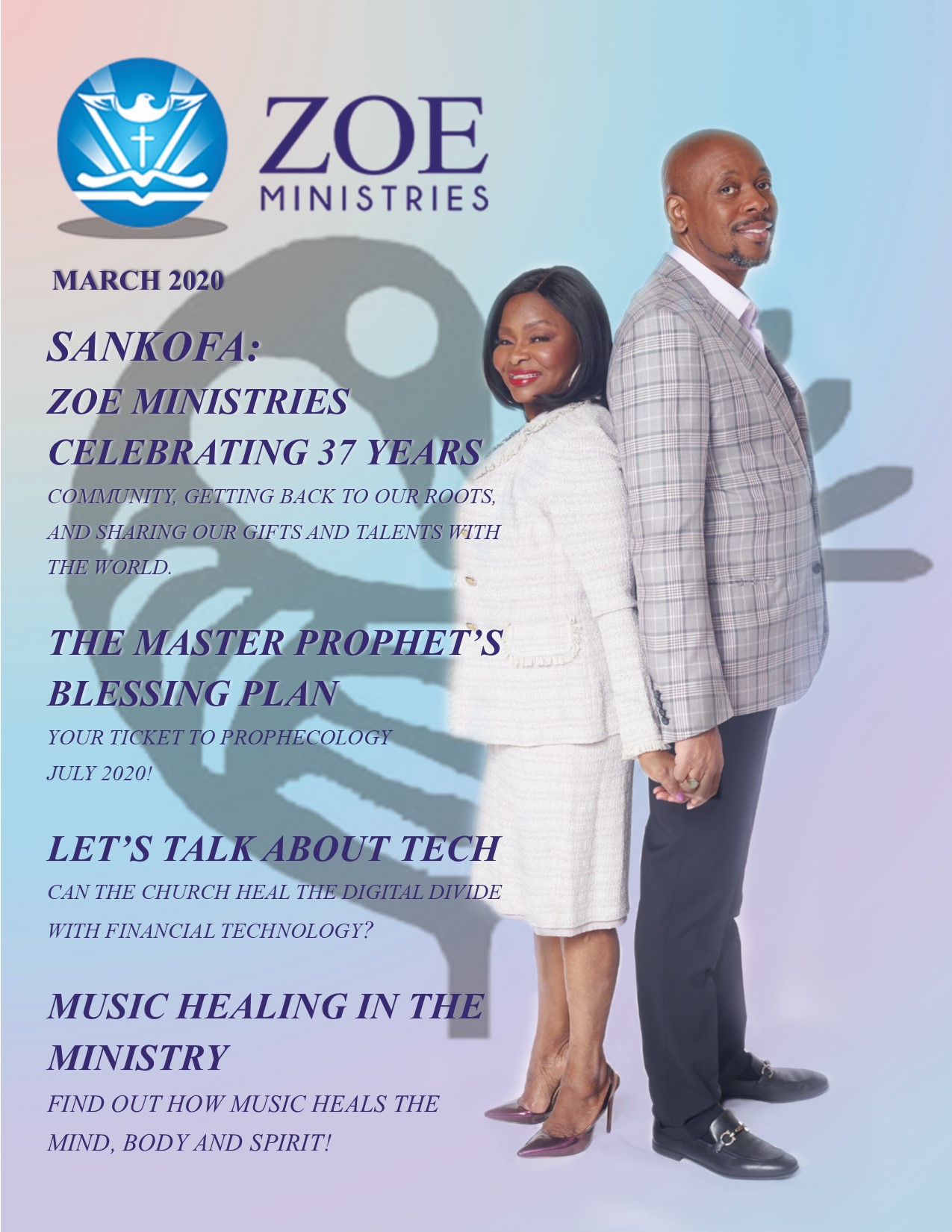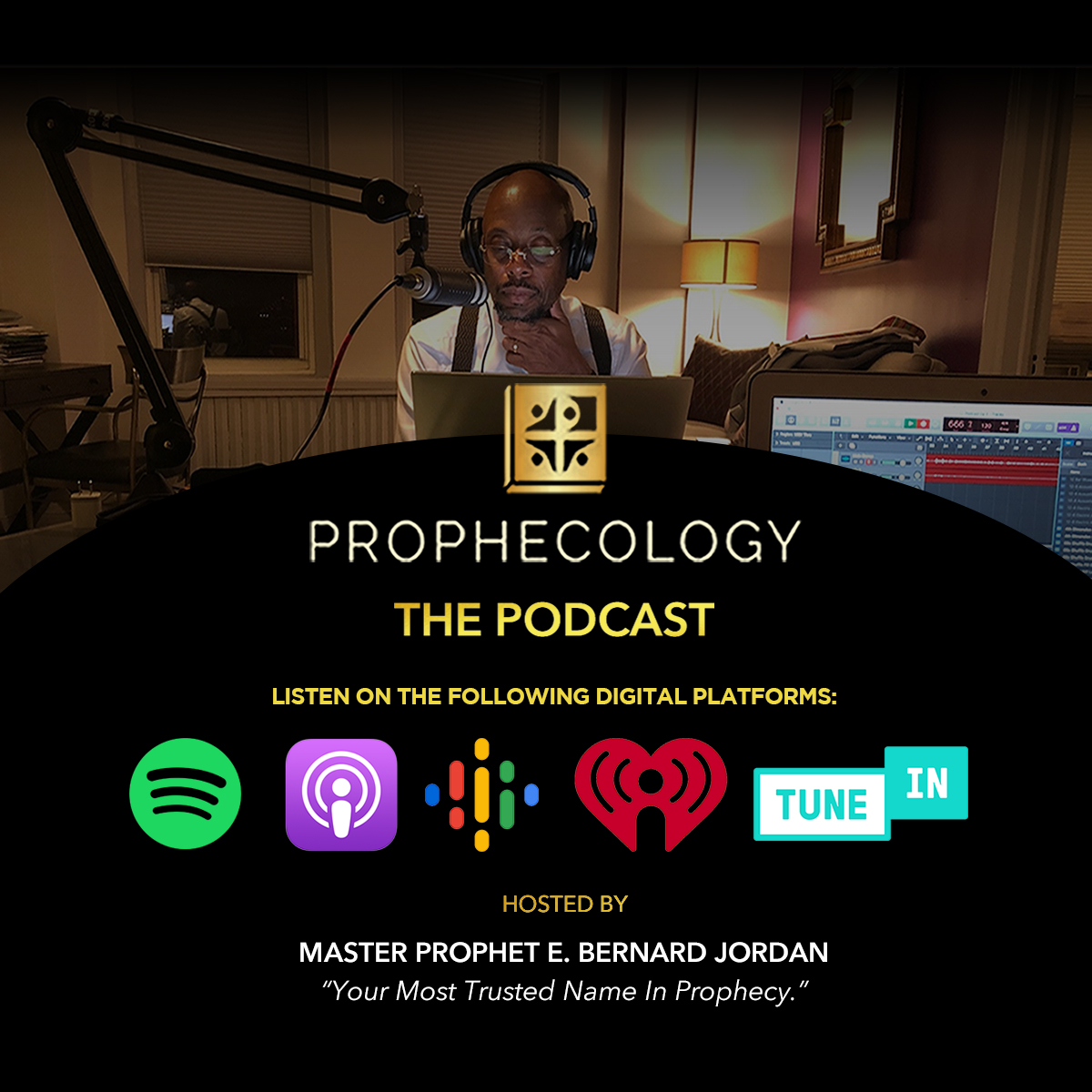THE NEED FOR A CONTEMPORARY REFORMATION
December 31, 2017 2023-04-05 19:11THE NEED FOR A CONTEMPORARY REFORMATION
THE NEED FOR A CONTEMPORARY REFORMATION
There is a growing apathy among the Christian laity, and sadly, it has consumed not a small number of clergy. This growing apathy proves that people will often become so adjusted to the life and politics of their local church communities that they will forget exactly for what purpose their church exists in the first place. For example, in a single congregation, there will be seated a hundred people with eyes blind to the poor; worse they have hands who have not given even a dollar to the needy. In a closely-knit church community, there may be no question on the community’s faith in God or their love for one another—but what about their love for the rest of God’s creations? Have we become a cultish secret society of Christ, treating with respect only those who belong to our group? Or do we even put to practice the biblical teaching of finding the person of Christ in the homeless man on the street corner” Do we desire to give to that man all that we have as though he were Christ needing our help? If we are unable to find the beauty of Christ in the beggar, orphan, widow, or man in need, then we will also be unable to find Him in our church, in our Scriptures, and in our lives.
Many members of the modern Church have failed on a personal level to commit to Christ’s teaching on helping the poor and the needy. However, it may not be proper to dismiss the success and faithfulness to Christ which the Church, as a broader organism, has shown through its pro-poor programs and humanitarian acts. These holy endeavors are possible in our fallen world only by the grace of God; however, many individuals sit in pews on Sunday mornings and fail to carry out personally the charge God set for them.
Consider the narrative found in the Gospel of Matthew:
When it was evening, the disciples came to him and said, “This is a deserted place, and the hour is now late; send the crowds away so that they may go into the villages and buy food for themselves.” Jesus said to them, “They need not go away; you give them something to eat.” They replied, “We have nothing here but five loaves and two fish.” And he said, “Bring them here to me.” Then he ordered the crowds to sit down on the grass. Taking the five loaves and the two fish, he looked up to heaven, and blessed and broke the loaves, and gave them to the disciples, and the disciples gave them to the crowds. And all ate and were filled; and they took up what was left over of the broken pieces, twelve baskets full. And those who ate were about five thousand men, besides women and children.
Take notice of the words of Jesus’ disciples, who beseeched him to “send the crowds away so that they may go into the villages and buy food for themselves.” Christ immediately rejected such a charge towards the poor and hungry. Jesus said, “They need not go away. You give them something to eat.”
Perhaps the apostle suggested that in good faith. Perhaps they wished for the people to not go hungry or believed that the most practical solution was to send them away so they may find for themselves something to eat. Jesus, however, taught God and His followers to have the duty to feed the hungry. After turning down the Twelve’s suggestion, Jesus discharged the task to the Twelve, who answered Him exasperatedly, “We have nothing here but five loaves and two fish!” Jesus simply said, “Bring them here.” Jesus’ simple and relaxed response to the Twelve’s disbelief depicts him as a longsuffering master. One can almost imagine Him shaking his head in annoyance.
Failing to engage with the poor and needy on a personal level is not excusable. While we may have good intentions in seeking to dismiss the hungry to food shelters and the like, we as Christ’s followers are discharged with the ministry to share our food with the hungry. Notice that the apostles’ response implies a peculiar unwillingness to share what they owned as they thought it was so little. Despite their initial dismissal of their responsibility and lack of belief in God’s power, Jesus performed a miracle there to teach his apostles a lesson. That lesson was that God will provide.
This same lesson existed in the Hebrew tradition in a narrative in Kings I, which highlights a local famine. The story tells of a certain widow who had no sufficient food for herself and her son. Elijah beseeched the widow to bring to him a drink of water and a slice of bread. The widow answered him, saying, “As surely as the Lord lives, I don’t have any bread—only a handful of four in a jar and a little olive oil in a jug. I am gathering a few sticks to take home and make a meal for myself and my son, that we may eat it—and die” (I Kgs. 17:12 NRSV). The widow’s response stresses her financial issues as well as her unwillingness to share what she had with a man in need. Aside from that, the widow also showed lack of faith in God to provide for her and her son. Given that answer, Elijah told the widow to “first make a small loaf of bread for me from what you have and bring it to me, and then make something for yourself and your son,” (v.13). Such a response must have seemed ridiculous to the woman, yet, she proceeds to do exactly that. And when she had done so, “there was food every day for Elijah and for the woman and her family. For the jar of flour was not used up and the jug of oil did not run dry,” (vv.15-16a).
How do we perform God’s order regarding the poor and the needy? Firstly, apathy must be abolished. The unsympathetic, uncaring attitudes existent in the body of Christ today are ungodly at its core. Frequent church attendance and fancy clothes do not make a godly man; giving one’s possessions to the poor and sacrificing our luxuries for the sake of the needy do. As the Bible says, “What good is it, my brothers, if someone says he has faith but does not have works?” (Jam. 2:14 ESV).
As religious reformers, prophets should encourage participating and investing in simply one of countless programs in the world designed to help the poor and the needy. The lack of concern by many who fill the pews on Sunday mornings is appalling; Jesus would have driven that out with a bundle of whips if it had occurred two millennia earlier. We must break our apathy and selfishness; rather, we must acquire sympathy and humility so we may be able to help all who are made in the image of Christ, regardless of their history or actions.
Sign up for the Book of the Month Club and get exclusive access to Archbishop Jordan’s new book Prophet in the Marketplace.
How are you being a religious reformer?







